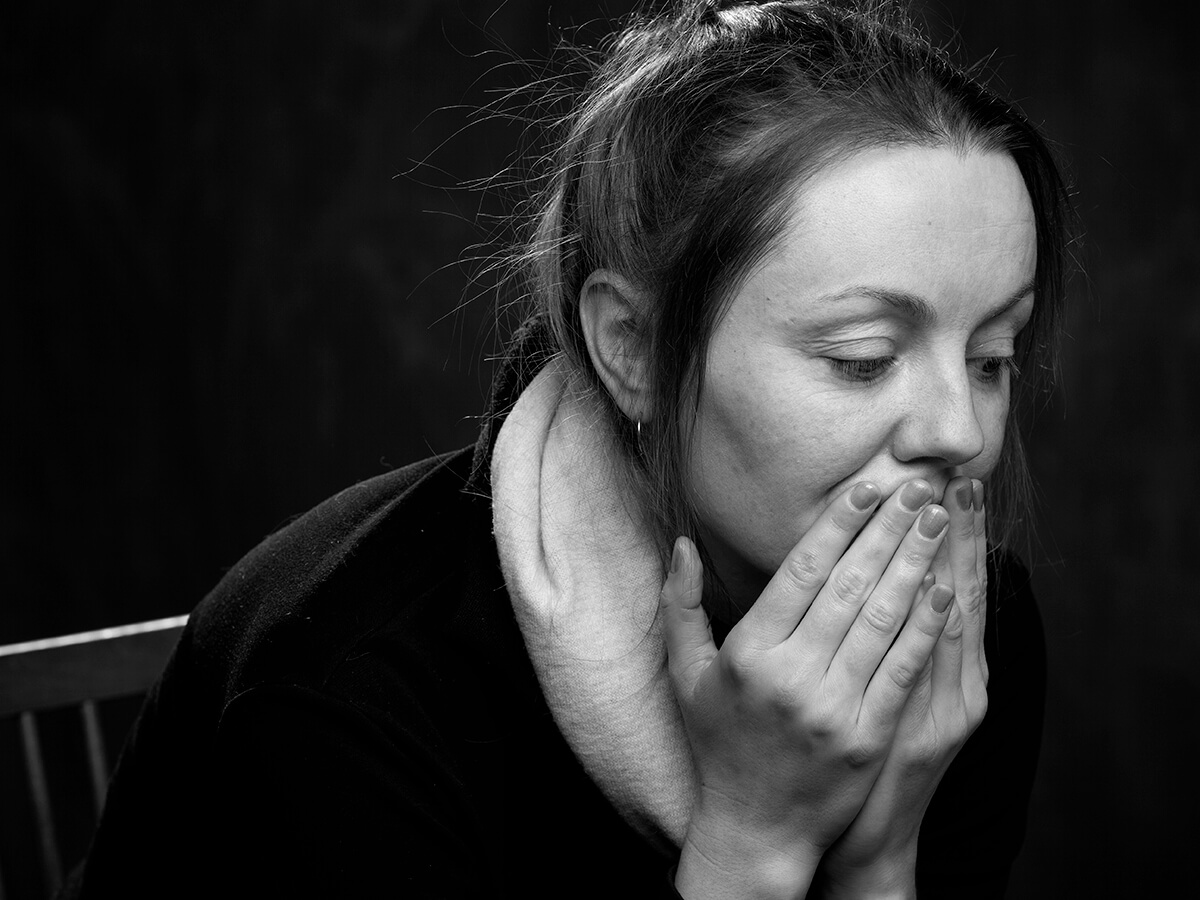Podcast: Download
Subscribe: RSS
Guest post by Sue
What do you say to someone when she reveals that she is being abused?
Anyone with a compassionate heart will feel strong emotions when hearing this news. While speaking to a domestic violence victim is best done by speaking from your heart, be sure that your emotions don’t cause you to blurt out potentially hurtful statements.
Below are some examples of what not to say to a domestic violence victim. Comments like the ones listed below distract the victim from the situation at hand.
“I always knew he was a jerk.”
Attacking an abuser as a person is extremely unhelpful and almost immediately places the victim in a defensive mode. It is okay to confirm that an abuser’s actions are wrong. Just don’t turn the conversation into a personal attack on him.
“Everything happens for a reason.”
When a victim first opens up about her abuse, it’s too early to discuss how pain works into God’s plan for a victim’s life. This is not the time to get philosophical. At this point, all she is thinking about is how to get through the hour or day.
“If you don’t do something I am going to talk to the abuser myself.”
Confronting an abuser directly creates potential for the abuser to cause even worse abuse to the victim. The abuser isn’t concerned about the victim’s feelings or how bad he has hurt her. To him, a victim is just an object he needs complete power and control over. If he realizes that his power is diminishing, he’s going to attack his victim even harder to regain it.
“Why haven’t you left if it is really that bad?”
Doubting the validity of a domestic violence situation supports the abuser and not the victim. Withhold judgement of her situation.
“How could you have let the situation become so bad?”
This type of statement places the blame for the violence on the victim. Statistics show it takes a victim multiple attempts at leaving her abuser. Leaving an abuser isn’t as easy as it sounds.
“Here’s what you need to do . . .”
Consider contacting a local or national domestic violence hotline before you tell a victim what you think she should do. Allow for input from trained counselors to assist in assessing the situation and making recommendations. The National Domestic Violence hotline phone number is 800.799.7233. Or, visit their website at: http://www.thehotline.org/about-us/contact.
Sometimes finding the right words is about knowing what not to say. I hope these tips will help you if you are ever in a situation in which a friend shares a personal story of domestic abuse or violence.
About the author: Sue is a domestic violence survivor who endured 18 years of emotional, physical, and sexual abuse. After working through her recovery for ten years, Sue took a leap of faith and quit her job to hold true to her calling to assist domestic violence victims in their recovery efforts.
For further information, please visit www.recoveringfromdomesticviolence.com or email Sue at sue@recoveringfromdomesticviolence.com.









0 Comments